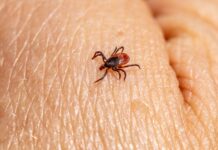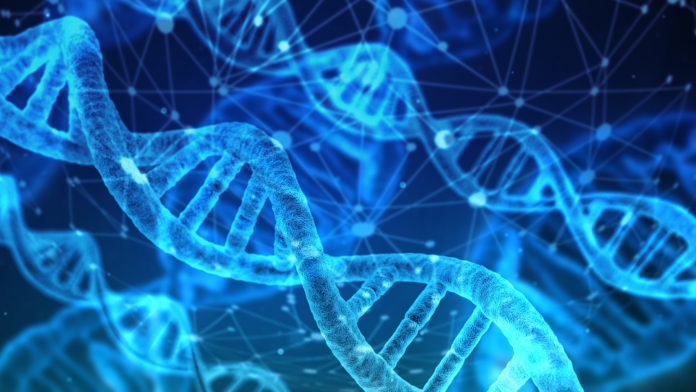In the study of genetic diseases, most of the attention goes to mutations in the genes that code for proteins. Amino acids are the building blocks of proteins, and the wrong sequence of amino acids can alter protein function, sometimes causing problems.
But even if the instructions in the genetic code are written flawlessly, proteins can be made with errors if the instructions aren’t translated properly. And new research suggests that errors in translation may be a bigger contribution to disease than previously thought.
Protein synthesis is the process that takes genetic information written in DNA and translates it into proteins. Messenger RNA (mRNA) provides a copy of those instructions, and transfer RNA (tRNA) reads the copy and provides the matching amino acid for a growing protein strand.
Researchers at Western University looked for variations in tRNA that could cause mistranslations in protein synthesis.
They looked at the genomes of 84 people, sequencing 605 tRNA-encoding genes. Even from such a small sample of people, they identified 522 unique sequences the differed from the reference genome, an assembly of genes that is considered representative of the human species.
That came as a surprise because tRNA sequences were believed to be highly conserved, in part because they all need to fit into the molecular machinery involved in protein synthesis to work. Previous studies like the 1000 Genomes Project estimated low variation, and only one or two variants per person were expected on average.
Instead the team found an average of 66 variants in each person’s tRNA genes, indicating a lot more diversity than previously expected.
Not all of these variants trigger changes that result in mistranslations. In fact, 17 percent of the variants are predicted to enhance function. But when the variation happens in the anticodon part of the tRNA that reads the three base sequence that gives the order for the next amino acid, the tRNA can supply the wrong one. The study found 18 potentially mistranslating tRNA variants.
“This actually changes the way we think about the genetic code,” said lead author and PhD student Mathew Berg in a statement.
Combined with other mutations in the genetic code, mistranslating tRNA variants could make people more susceptible to genetic diseases. The authors estimate that having more than 10 of these variants could put people at risk.
The study also came up with new methods to look for these variants, which are closely related and can be difficult to sequence.
“Because tRNA variation has been hard to analyze, it has largely been overlooked in genetic association studies. Our work suggests that it is important to look at the tRNA genes and we also provide the tools to do so,” said principal investigator Christopher Brandl.
While mistranslation is a potential cause for concern, the authors also point out that there are hundreds of tRNA genes, and this may provide a natural buffer against variation.
The unexpected diversity in tRNA-encoding genes provides insight on a pathway to disease that was previously overlooked. Next, the team plans to study a more diverse international population to look for other variations, and to see if they can find ways to reverse mistranslation to treat disease.





































